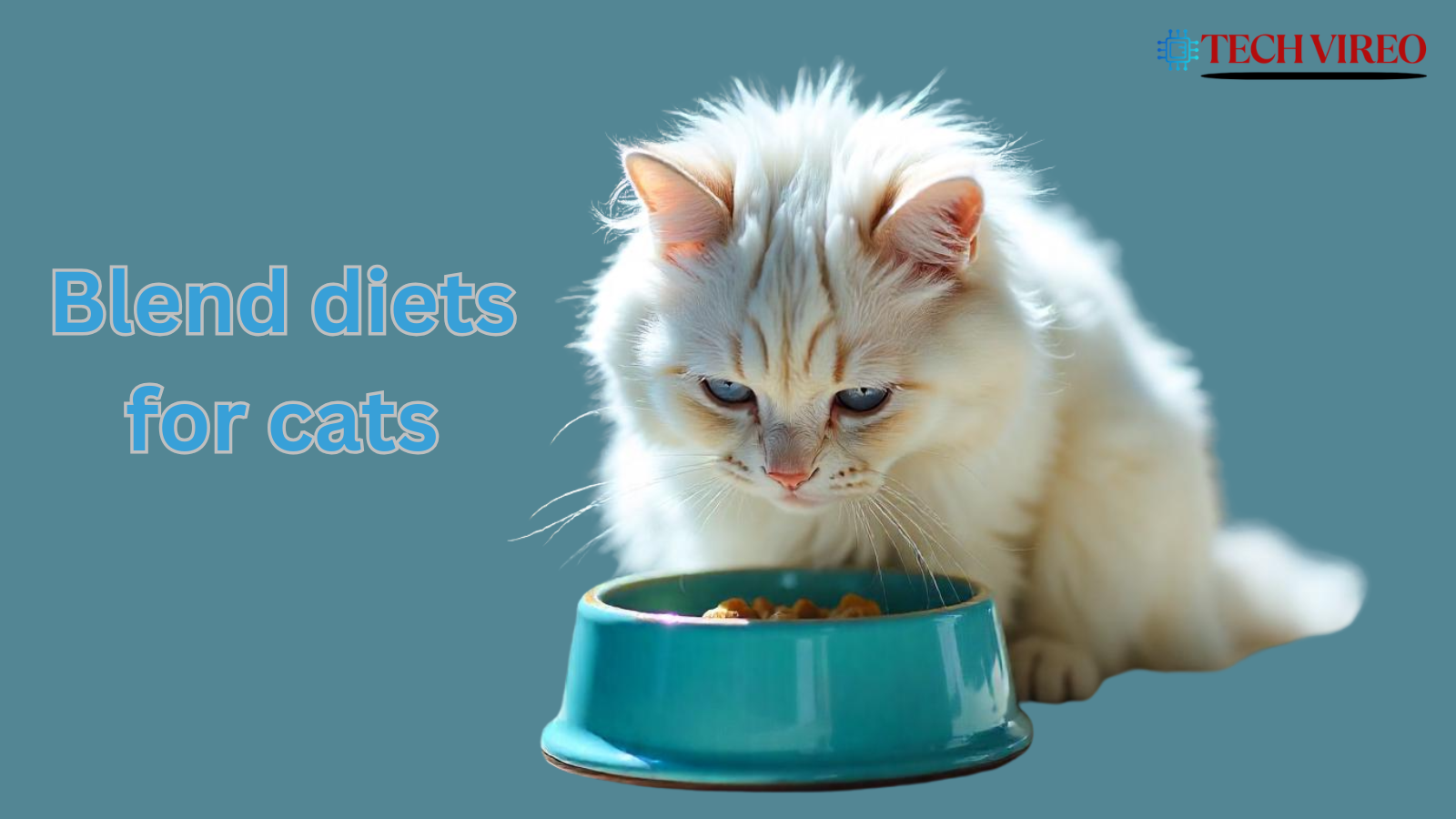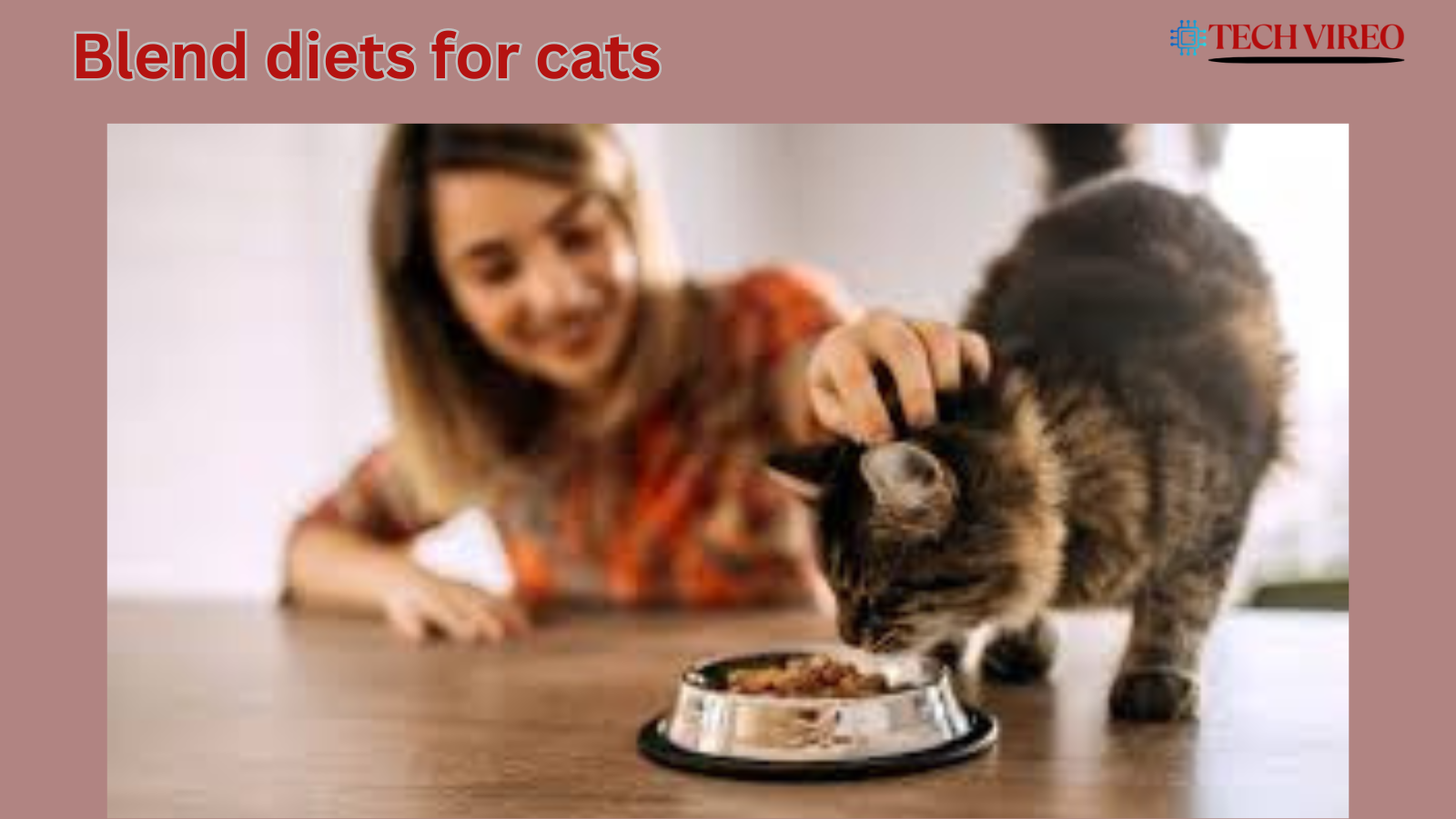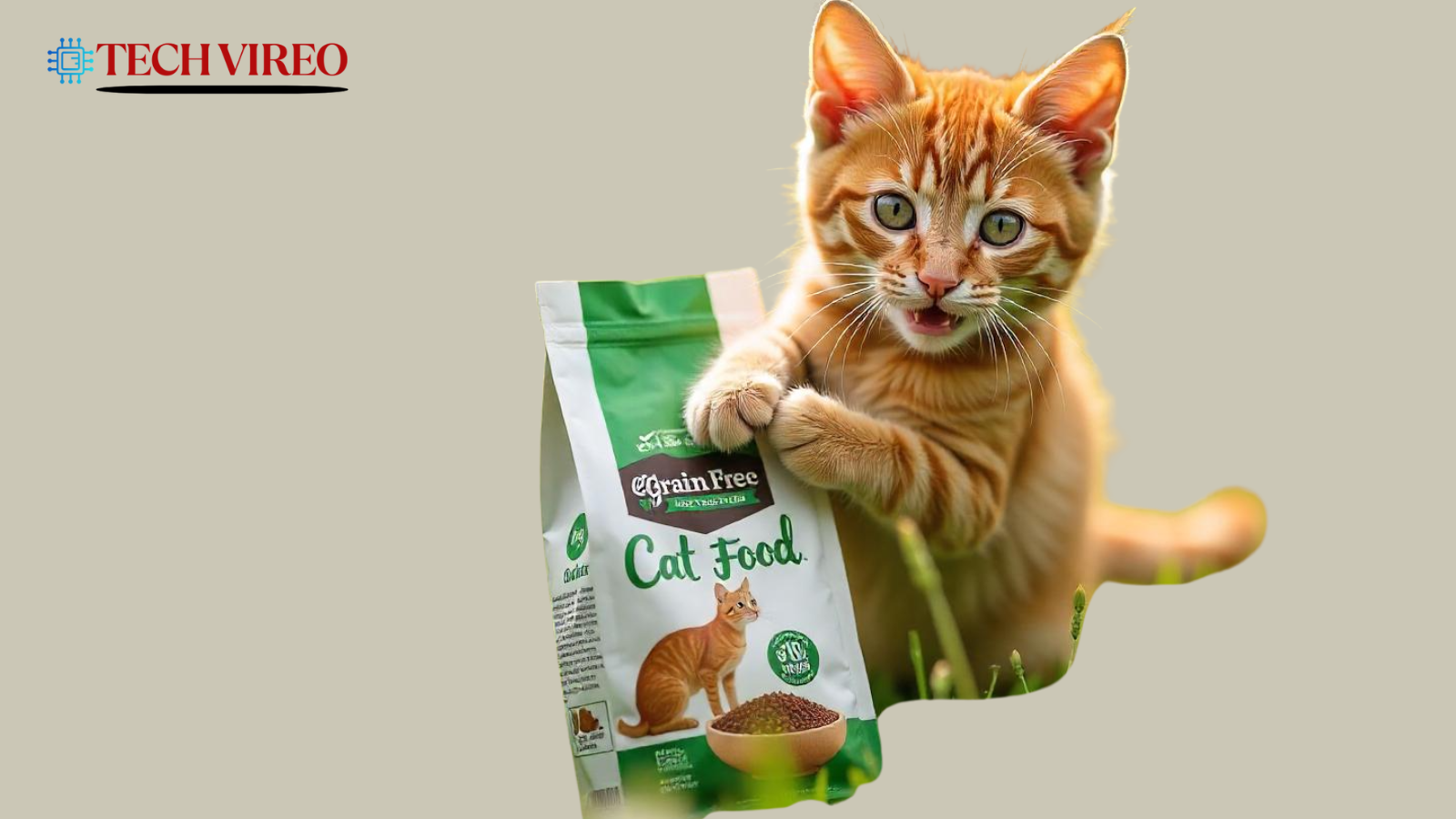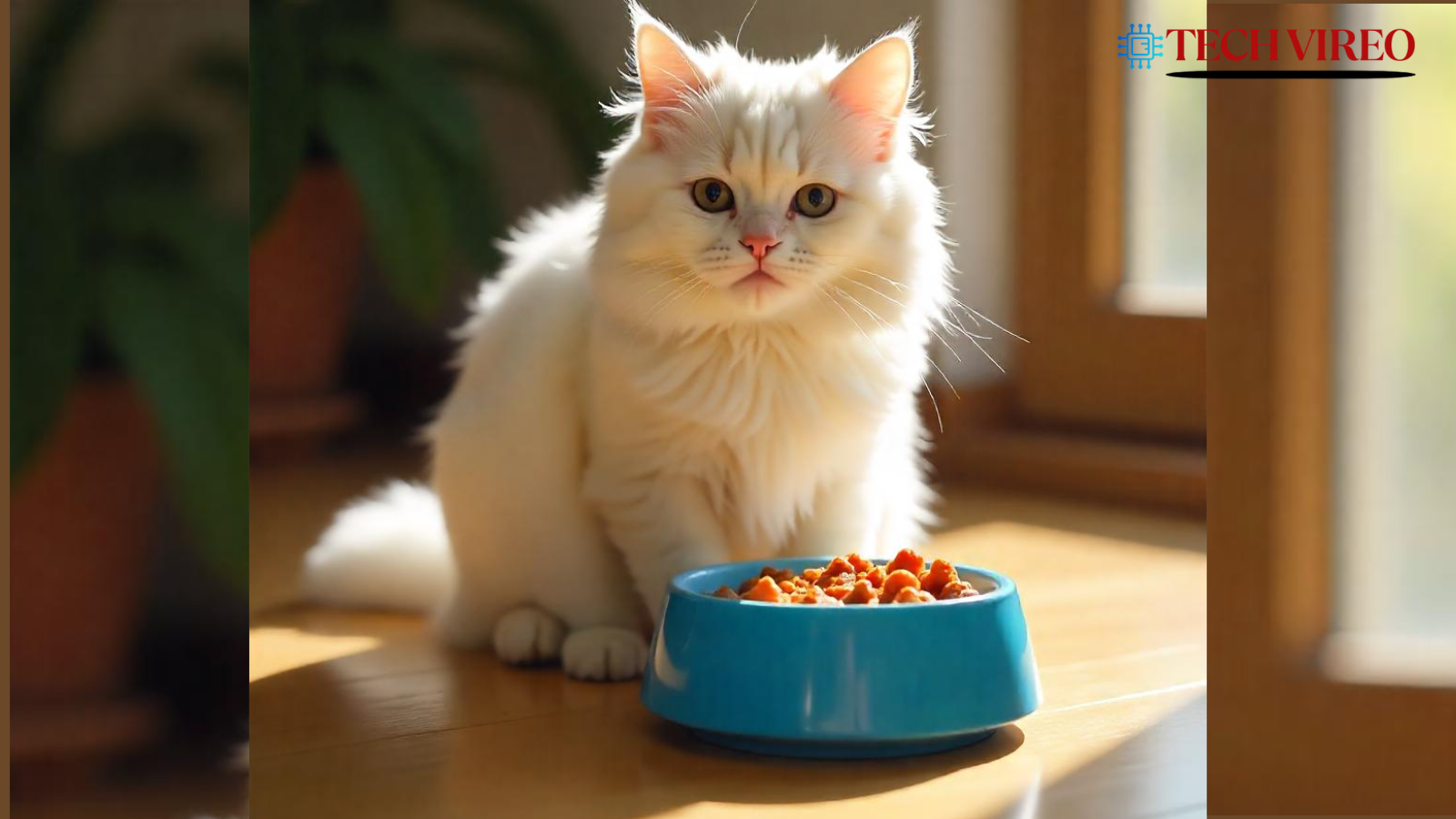When your cat isn’t feeling their best, knowing how to help them recover at home can make a huge difference. A bland diet is often recommended by vets when cats have upset stomachs, diarrhea, or are recovering from illness. But what exactly is a bland diet, and how do you prepare it safely for your furry friend? In this guide, we’ll break down everything you need to know, share easy recipes, and offer practical tips to support your cat’s recovery with care.
What is a Bland Diet for Cats?
A bland diet is a simple, easy-to-digest meal plan meant to give a cat’s stomach and intestines a break. It’s usually made up of plain foods like boiled chicken, rice, and sometimes pumpkin. These foods are low in fat and fiber, making them gentle on a sensitive digestive system.
Vets often suggest bland diets when cats have vomiting, diarrhea, or after certain medical treatments. The idea is to minimize digestive workload so the gut can heal naturally without added stress.
Signs Your Cat Needs a Bland Diet
Cats can be stoic, often hiding signs of discomfort until problems become serious. It’s important to catch early signs that they might benefit from a bland diet.
Vomiting
Occasional hairballs are normal, but repeated vomiting can signal a deeper issue. If you’re looking into cat vomiting treatment at home, a bland diet is often part of the solution to settle their stomach.
Diarrhea
Loose stools or frequent trips to the litter box could mean trouble. Acute cat diarrhea can quickly lead to dehydration, so addressing it with easy-to-digest meals is crucial.
Loss of Appetite
A cat who normally eats eagerly but suddenly turns away from food could be experiencing digestive distress. A bland diet might tempt them back to eating and help heal any internal upset.
Recent Surgery or Illness
After medical procedures or infections, cats often need a gentle food transition. Offering home remedies for cat upset stomach, like bland foods, can support recovery without stressing their system.
Recognizing these signs early allows you to make bland diet for cats, improving your cat’s chances of a swift and smooth recovery.
Best Foods for a Bland Diet
Choosing the right ingredients is key to helping your cat recover with minimal stress on their digestive system.
Boiled Chicken
Skinless, boneless chicken breasts work best. Gently boil without seasoning until fully cooked. Chop finely for easy eating. Boiled chicken for cats with diarrhea is a trusted, vet-recommended option.
White Rice
Plain rice can help bind stools and ease digestion. Mix a small portion (about 25% of the meal) with the protein.
Boiled White Fish
Cod or tilapia are good choices. These are lean and easy to digest. White fish for cats digestive issues can offer a tasty and soothing alternative to chicken.
Pumpkin
A spoonful of plain, canned pumpkin (no spices or sugars) adds fiber that can stabilize digestion. Pumpkin for cat diarrhea is a well-known remedy among vets.
Scrambled Eggs
Occasionally, lightly scrambled eggs (without butter or salt) can provide a protein boost. They should be used sparingly and not as a regular meal.
Creating a homemade bland diet for cats using these foods ensures you’re offering nourishing meals that support healing without overwhelming their system.
If you’re exploring long-term dietary choices, don’t miss our guide on Is Grain Free Cat Food the Right Choice for Your Pet? to understand how it compares with other nutrition plans.
How to Prepare Bland Meals for Your Cat

Recipe 1: Boiled Chicken and Rice
- 1/2 cup boneless, skinless chicken breast
- 1/4 cup white rice
Boil the chicken until fully cooked, then shred it into small pieces. Cook the rice separately with plain water (no seasoning). Mix together before serving.
Recipe 2: Poached White Fish and Pumpkin
- 1/2 cup white fish
- 1 tablespoon plain pumpkin
Poach the fish gently until cooked through. Flake the fish and mix with pumpkin.
Recipe 3: Scrambled Egg Meal
- 1 egg, beaten
Scramble the egg in a non-stick pan without any butter or oil. Let it cool before serving. Feed small amounts at a time, and store leftovers in the fridge for no more than 24 hours.
How Much and How Often to Feed
Cats on a bland diet should eat smaller, more frequent meals. This helps reduce the strain on their digestive system. Here’s a simple guideline:
Adult Cats
2-3 tablespoons per meal, 3-4 times a day
Kittens
Slightly smaller portions, but more often if needed
Always adjust the amount based on your cat’s size and appetite while making bland diet for cats. After 2-3 days of bland feeding, if symptoms improve, you can slowly reintroduce their normal food.
Important Warnings and Vet Advice
While bland diets are helpful, they should only be a short-term solution. Feeding a bland diet for too long can cause nutritional deficiencies. If your cat’s symptoms don’t improve within 48 hours, or if they get worse, it’s essential to consult a vet.
Also, keep a close eye on hydration. Cats with diarrhea or vomiting can become dehydrated quickly. Offering water or even a little chicken broth (no onions or garlic) can help encourage drinking.
Free Resources
To make it easier for you, we’ve created a printable “Bland Diet Quick Guide” that includes shopping lists, preparation steps, and a daily feeding schedule. Keep it handy on your fridge during your cat’s recovery.
Read Also: What Should a Hyperthyroidism in Cats Diet Include?
Conclusion
Caring for a sick cat at home can be stressful, but a simple, properly prepared bland diet for cats can make a world of difference. Knowing what foods to use, how to prepare them, and when to call the vet are key parts of helping your cat feel better fast. Always trust your instincts and seek veterinary advice if you have any doubts. Your cat depends on you to help them heal with love and good care.
FAQs
Can kittens have a bland diet?
Yes, but consult your vet first.
How long can a cat be on a bland diet?
Usually no more than 3-5 days.
What if my cat won’t eat bland food?
Offer small amounts more frequently. Call your vet if refusal continues.
Are any human foods safe for cats?
Yes. Plain chicken, rice, and pumpkin are safe. Avoid fatty, seasoned, or sugary foods.
Can I use brown rice instead of white rice?
No, brown rice is harder to digest; stick to white rice for bland diets.
Is it okay to add supplements to bland food?
No, keep it plain unless your vet recommends specific supplements.
How do I transition back to normal cat food?
Mix small amounts of normal food with bland food over 3-5 days.
Can a bland diet help with mild food allergies?
It may help ease symptoms temporarily, but a vet should diagnose allergies properly.



